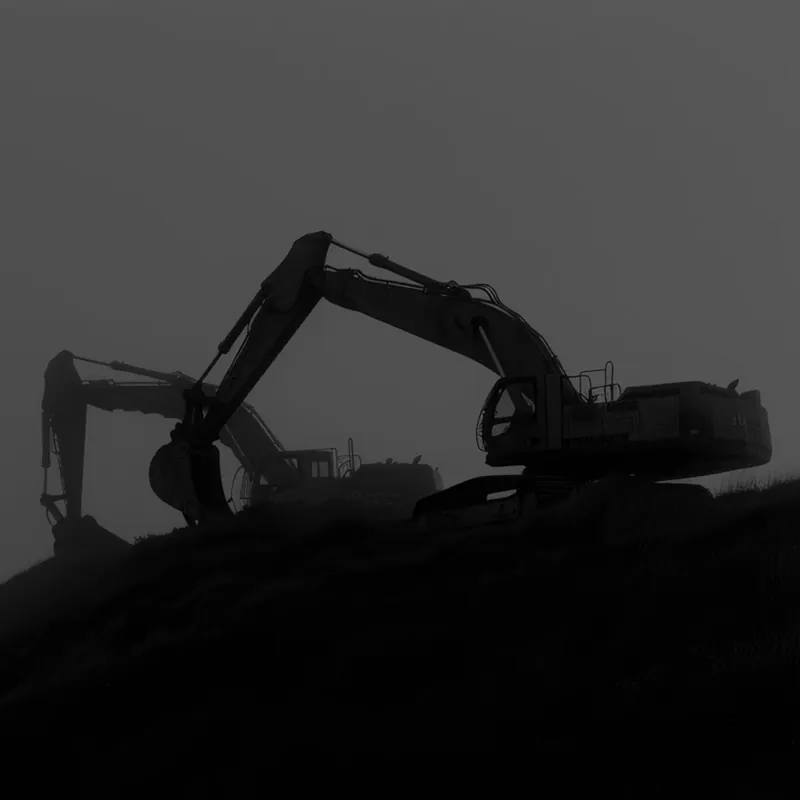Heavy Engineering
The heavy engineering industry in India involved the production of large-scale machinery, equipment

Heavy Engineering
The heavy engineering industry in India involved the production of large-scale machinery, equipment, and infrastructure components for various sectors such as power, mining, construction, oil and gas, and transportation. This sector is characterized by complex manufacturing processes, high capital investments, and significant demand from industries requiring heavy-duty equipment.
As of 2023, the industry is valued at approximately USD 30 billion, with a projected compound annual growth rate (CAGR) of 10% from 2025 to 2030. By 2030, it is expected to reach nearly USD 50 billion. Major players in this sector include L&T, BHEL, and Tata Steel.
Pain points and Challenges:
Skilled Labor Shortage
A lack of trained engineers and technicians impacts production quality and efficiency.
Regulatory Compliance
Navigating complex environmental and safety regulations increases operational costs and complexity.
Supply Chain Disruptions
Delays and inefficiencies in sourcing raw materials and components hinder production timelines.
Technological Upgradation:
High costs and slow adoption of advanced manufacturing technologies limit competitiveness.
Intense Competition
Increased domestic and global competition puts pressure on pricing and profit margins.
Capital Intensity
Heavy capital investment requirements for large projects and machinery strain cash flow and financing.
Economic Uncertainty
Fluctuating demand and global economic instability disrupt long-term planning and project execution.
Environmental Concerns
Growing pressure to adopt sustainable practices and reduce carbon footprints increases operational costs.
How Can We Help and Why Choose Stratefix Consulting?
Stratefix Consulting brings specialized expertise to solve the pressing challenges of the heavy engineering industry in India.
Cost Optimization
Supply Chain Efficiency
Skilled Workforce Development
Technological Upgradation
Regulatory Compliance
Risk Mitigation
Sustainability Strategies
Competitive Positioning
Revenue Diversification
Operational Excellence
FAQs
Find answers to common questions and learn more about how we can help you.
Why do Heavy Engineering companies face delivery delays even when work is happening every day?
Stratefix Consulting helps synchronise these interdependent stages so each process hands over on time, not in isolation.
Why is my Heavy Engineering business overly dependent on a few senior technical people?
Stratefix Consulting helps capture this “tribal knowledge” into clear workflows, checkpoints and second-line capability so the shopfloor runs even when experts are not physically present.
Why does production output fluctuate between batches, components, or shifts?
Stratefix Consulting builds structured planning, shift-change disciplines and load-balancing routines so production output becomes steady, not erratic.
Why do the same quality issues repeat like weld failures, dimension mismatches, or surface defects despite corrective actions?
Stratefix Consulting strengthens the quality loop by aligning design, production and QA so each defect is traced back, corrected and prevented in the next job cycle.
Why is it difficult for my Heavy Engineering business to scale to additional bays, plants, or parallel job lines?
Stratefix Consulting helps create repeatable production templates, leadership bandwidth, and real-time monitoring so expansion doesn’t rely on a single group of experts.
When should a Heavy Engineering company consider consulting support?
Stratefix Consulting steps in to stabilise execution, build technical decision systems, and prepare the organisation for predictable, scalable output.

